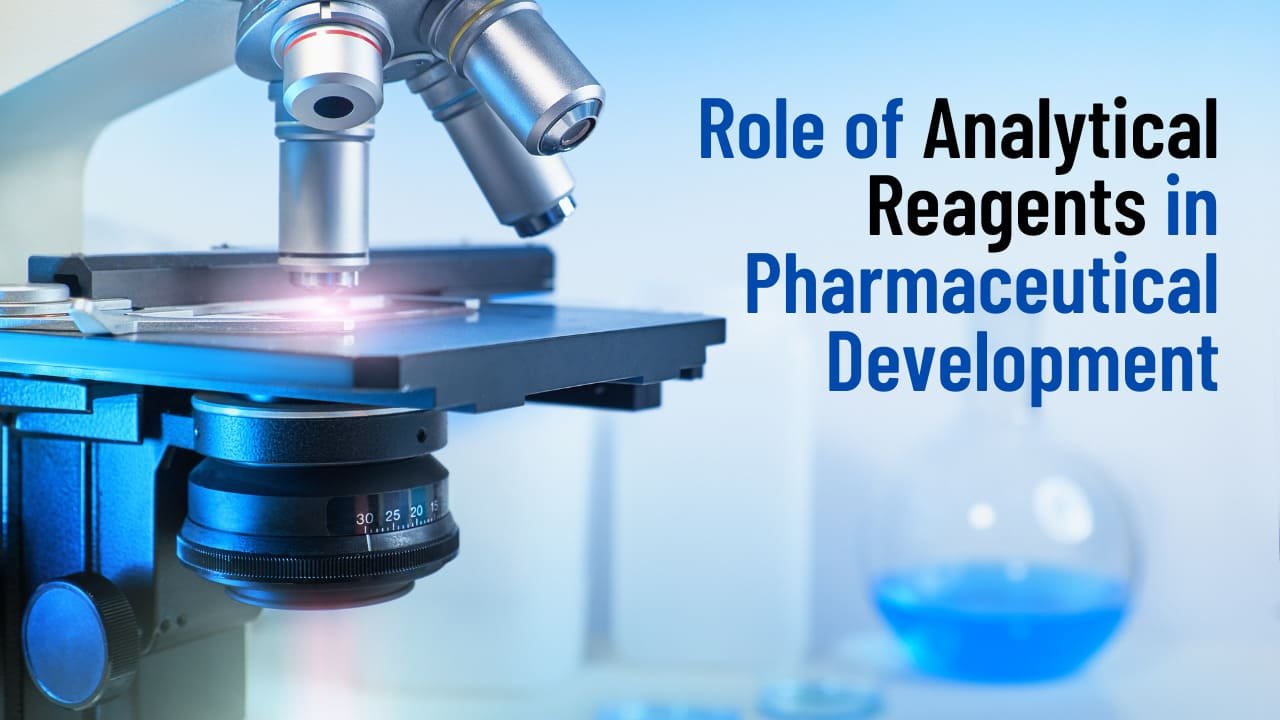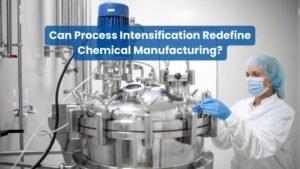Pharmaceutical development is an intricate and highly regulated field, where precision and accuracy are paramount. Analytical reagents play a crucial role in ensuring the quality, safety, and efficacy of pharmaceutical products. These reagents are essential in conducting various tests, analyses, and experiments during drug development, from research to production. Companies like GSP Chem supply a range of high-quality analytical reagents that meet stringent standards, helping pharmaceutical companies maintain compliance with regulatory guidelines and achieve accurate results.
Introduction to Analytical Reagents in Pharmaceuticals
Analytical reagents are substances or compounds used to cause a chemical reaction for testing or analysis purposes. In the pharmaceutical industry, these reagents serve as the backbone for evaluating the quality of raw materials, active pharmaceutical ingredients (APIs), excipients, and final drug products. Their widespread applications cover areas like purity testing, identification, and quantification of chemical substances.
Pharmaceutical companies rely heavily on trusted analytical reagent suppliers like GSP Chem to deliver reagents that meet high accuracy, stability, and reliability standards. These reagents are often categorized based on their use in different types of testing, such as organic chemistry, inorganic chemistry, and biological assays.
Importance of Analytical Reagents in Drug Development
The drug development process consists of multiple stages: discovery, preclinical trials, clinical trials, and production. Each phase demands different types of testing, and analytical reagents play a pivotal role in ensuring that these tests produce valid and consistent results.
- Discovery Phase- During the early stages of drug discovery, analytical reagents are used for screening potential compounds. These reagents help researchers identify active pharmaceutical ingredients that may be effective in treating certain diseases or conditions.
- Preclinical Testing- In preclinical testing, the efficacy and safety of drugs are evaluated using various biological assays and chemical analyses. Analytical reagents are used to quantify the potency of the drug, detect impurities, and measure stability over time.
- Clinical Trials- Clinical trials are the final stage before a drug receives regulatory approval. In this phase, the focus is on large-scale testing of the drug’s safety and effectiveness in humans. They are used to monitor the drug’s performance in terms of bioavailability, absorption, and metabolism.
- Manufacturing and Quality Control- In the manufacturing phase, quality control (QC) procedures ensure that the drug is produced according to regulatory standards. They are vital for batch testing, ensuring that each product meets the required specifications before reaching the market.
Types of Analytical Reagents in Pharmaceutical Development
There are various types of analytical reagents used in pharmaceutical development, each serving a specific purpose:
- pH Indicators– pH indicators are used to measure the acidity or alkalinity of a substance. Accurate pH measurement is crucial in the development of stable drug formulations.
- Titrants- These are used in titration processes to determine the concentration of an unknown solution by reacting it with a standard reagent.
- Solvents- Solvents like methanol, ethanol, and acetonitrile are used in various extraction and purification processes during drug development.
- Buffers- Buffers are solutions that resist changes in pH. They are essential in maintaining a stable environment for drug reactions and storage.
- Precipitating Agents- Precipitation reactions are used to separate substances in a mixture. These agents are important for purifying APIs and ensuring product quality.
Challenges in the Use of Analytical Reagents
While analytical reagents are indispensable in pharmaceutical development, they come with their own set of challenges. One of the main issues is the reliability and consistency of reagents. If a reagent is of poor quality or has degraded over time, it can lead to inaccurate test results, compromising the entire drug development process.
Another challenge is regulatory compliance. Regulatory bodies like the U.S. FDA (Food and Drug Administration) and the European Medicines Agency (EMA) have stringent guidelines regarding the quality of analytical reagents. Pharmaceutical companies must ensure that the reagents they use meet these standards.
GSP Chem, a well-known analytical reagent supplier, is committed to providing reagents that comply with the highest quality standards, ensuring that pharmaceutical companies can trust the accuracy and consistency of their results.
GSP Chem: A Reliable Supplier of Analytical Reagents
As a trusted analytical reagent manufacturer in India, GSP Chem provides a comprehensive range of reagents that meet industry standards. The company has earned a reputation for supplying reagents that offer high levels of purity and reliability, which are critical in the pharmaceutical sector. GSP Chem is committed to continuous innovation and meeting the evolving needs of pharmaceutical companies worldwide.
Some key analytical offerings from GSP Chem include:
- Biological Stains and Life-Science Reagents for diagnostic probe
- pH indicators are used to monitor physiological biochemical reactions.
- Complexometric and Redox Reagents for external probes.
GSP Chem stands out as a leader in the chemical manufacturing industry, helping its clients navigate the complexities of pharmaceutical development.
Conclusion
The role of analytical reagents in pharmaceutical development cannot be overstated. From initial drug discovery to quality control during production, these reagents ensure that each phase of development proceeds smoothly and accurately. Reliable suppliers like GSP Chem provide pharmaceutical companies with the high-quality reagents necessary to comply with regulations, streamline testing processes, and ultimately deliver safe and effective drugs to the market.
In this ever-evolving industry, the importance of staying updated with the latest innovations in reagent chemistry is critical. With the right analytical reagents, pharmaceutical companies can overcome regulatory challenges, reduce production time, and ensure the quality of their products.








